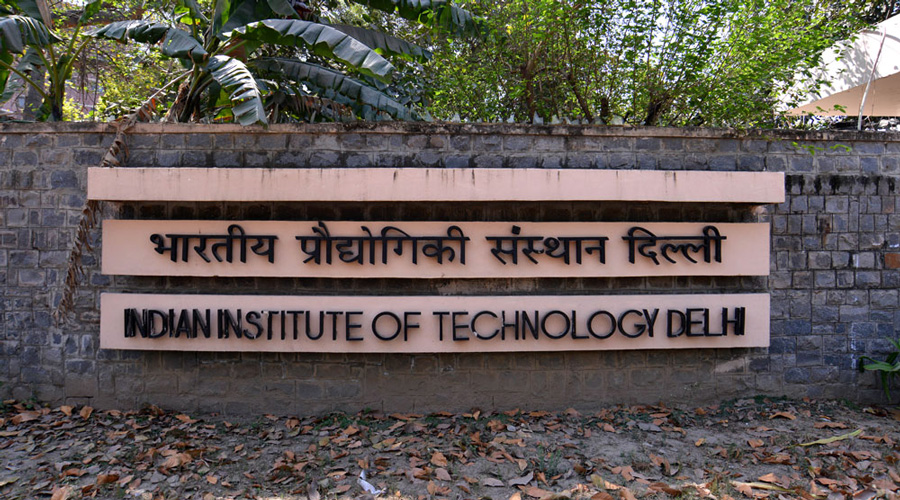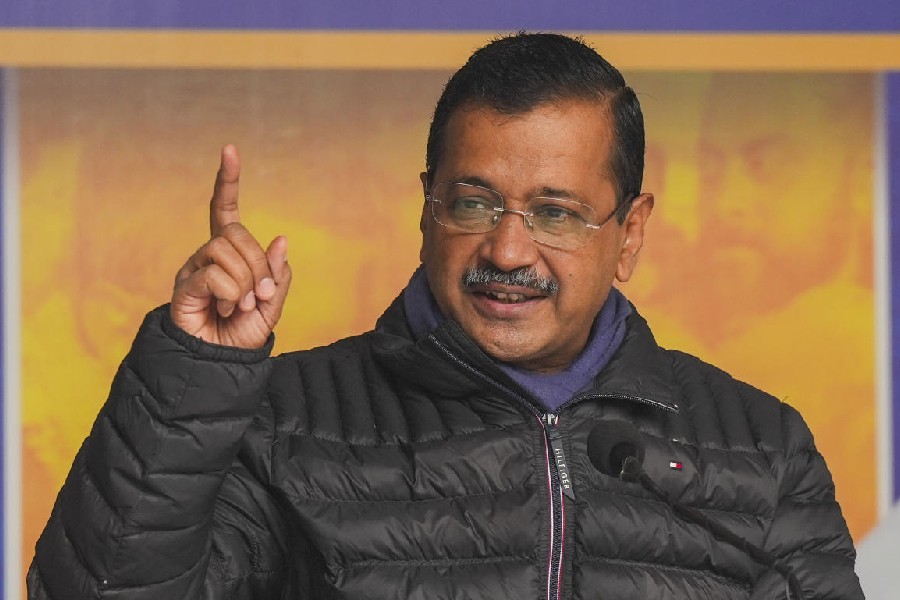The world’s perception of the employability of graduates from some of India’s top educational institutions has improved amid the harrowing Covid-era employment scene in the country.
Seven Indian institutions figure among the top 250 ranked globally by the London-based agency Times Higher Education (THE), which looked at the employability perception among 10,928 international recruiters from 23 countries.
IIT Delhi is the top Indian institution at number 27 — the same as last year — in this year’s Global Employability University Ranking and Survey.
The other Indian institutions ranked are the Indian Institute of Science in Bangalore, IIT Bombay, IIT Kharagpur, IIM Ahmedabad, Amity University and Bangalore University.
A media release from THE said the recruiters placed digital and soft skills and subject specialisation above academic excellence while assessing employability.
“Indian universities see clear rise for first time in years due to strengths in subject specialisation and graduate skills,” the release said.
The IISc ranks 61 (up from 71 last year), while IIT Bombay ranks 97 (from 128), IIM Ahmedabad 162 (from 184) and IIT Kharagpur 170 (from 195). Amity has improved its position from 236 to 225 while Bangalore University (249) has made it to the top 250 for the first time.
The Massachusetts Institute of Technology tops the rankings and the California Institute of Technology is second, in a swap of last year’s positions.
Harvard University and Cambridge University have retained their third and fourth positions while Stanford University has risen from seventh to fifth.
Several top global institutions trail IIT Delhi. Among them the University of California, Berkeley (32), University of Chicago (33) and the London School of Economics and Political Science (35) are there.
The unemployment rate in India was 11.84 per cent in May this year after crossing 20 per cent during lockdown-hit May 2020, according to the private research agency Centre for Monitoring Indian Economy.
However, would-be employers’ perceptions about graduates from the leading Indian educational institutions have remained largely unaffected. For example, IIT Delhi attracted top firms like Microsoft, Texas Instruments, Bajaj Auto, Isro, Alphonso, Intel, Qualcomm, Barclay, Goldman Sachs, Honeywell, Mastercard, Dr Reddy’s Laboratories, Tata Steel, Adobe, Quadeye, Oracle, Walmart, American Express, Uber and Accenture during the placement season last December.
IIT Delhi director Ramgopal Rao attributed his institute’s success in the rankings to the students’ “broad outlook” and innovative skills, developed partly by talking to people and trying to solve their problems.
“Society connect is a key factor that helps our students broaden their outlook…. (They) have a fair understanding of societal problems and how best they can use their skills to solve (technologically) the problems (such as drinking water),” Rao said.
He said IIT Delhi connected with people under the government’s Unnat Bharat Abhiyan scheme for higher education institutions.
“Besides, the different (Union) ministries provide projects to IIT Delhi to find technological solutions for various issues. The students get involved in projects too,” Rao said.
He said 600 start-ups had come up in IIT Delhi over the past few years.











